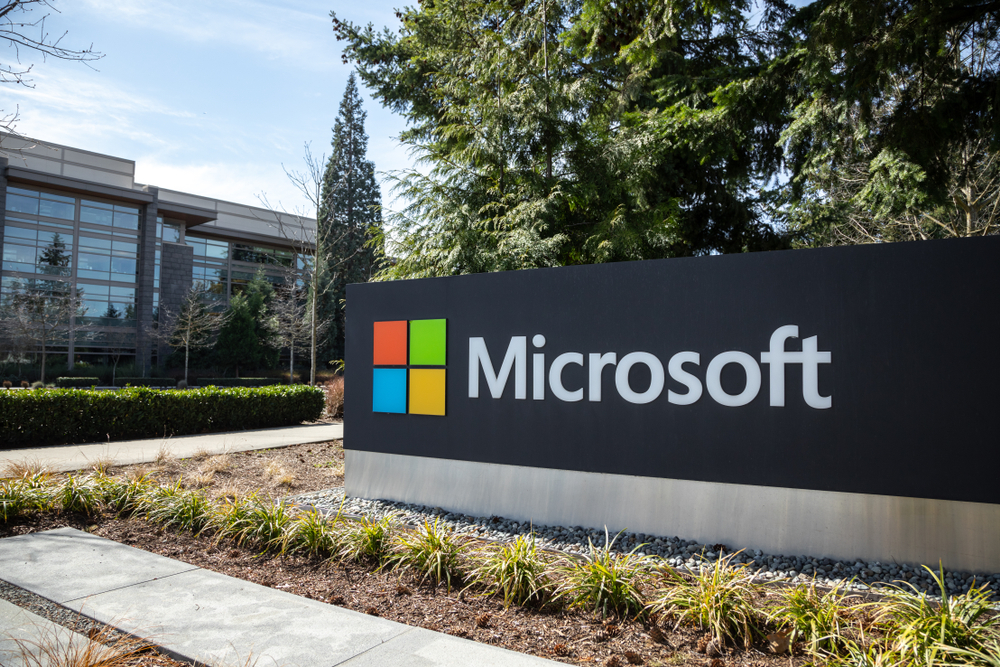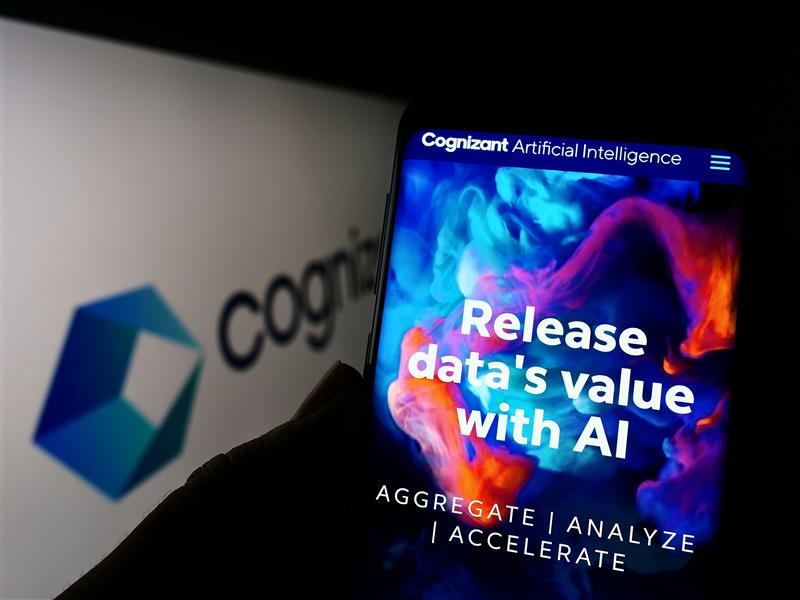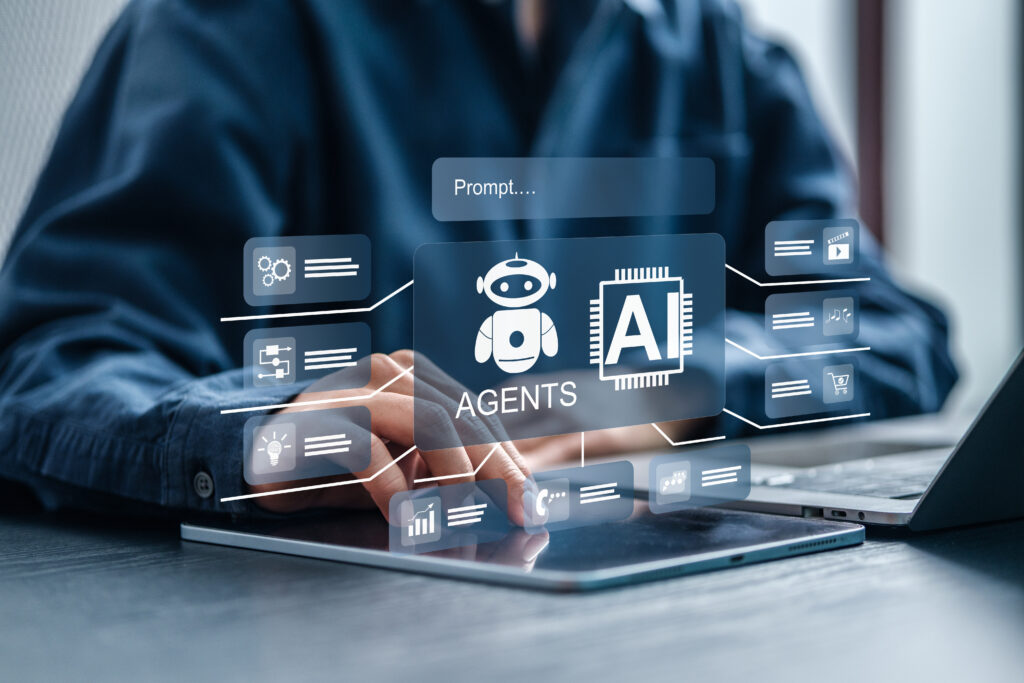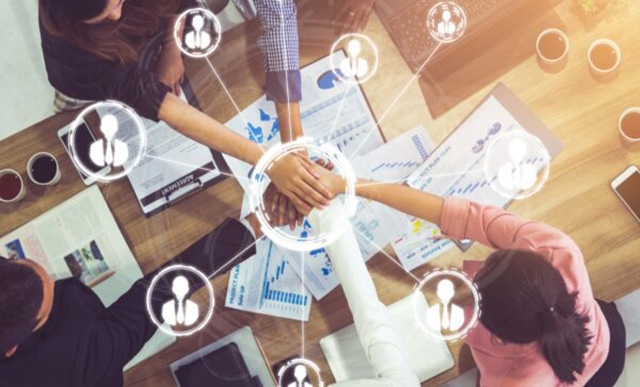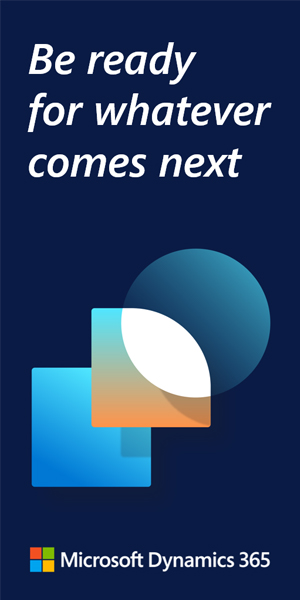At Microsoft Build 2023 in Seattle, Microsoft is to announce a landmark range of over 50 new products and features to grow its AI plugin ecosystem, extend Copilot with integrated apps and services and provide new Azure AI tooling for next-gen app deployment.
Microsoft will now adopt the same open plugin standard that OpenAI introduced for ChatGPT, enabling interoperability across ChatGPT and Microsoft’s Copilot offerings.
Developers can now use one platform to build plugins that work across both the consumer and business surfaces, including ChatGPT, Bing, Dynamics 365 Copilot and Microsoft 365 Copilot. As part of this shared plugin platform, Bing is adding to its support for plugins, with the ecosystem expanding to include Expedia, Instacart, Kayak, Klarna, Redfin and Zillow.
Additionally, Microsoft has announced that Bing is coming to ChatGPT as the default search experience. ChatGPT will be upgraded with a world-class engine built in to provide more up-to-date answers with access from the web, grounded by search and web data and include citations. The new experience has been rolled out to ChatGPT Plus subscribers and will be available to free users soon by enabling a plugin.
Microsoft has also introduced Microsoft Fabric, a new unified platform for analytics that includes data engineering, data integration, data warehousing, data science, real-time analytics, applied observability and business intelligence, all connected to a single data repository called OneLake.
With Copilot in Microsoft Fabric, customers will be able to use conversational language to create dataflows and pipelines, generate code and entire functions, build ML models or visualize results.
Developers will now be able to integrate their apps and services into Microsoft 365 Copilot with ChapGPT and Bing plugins, Teams message extensions and Power Platform connectors. More than 50 plugins from partners will also be available for customers in an early access program, including Atlassian, Adobe, ServiceNow, Thomson Reuters, Moveworks and Mural.
In addition to this, the company has also introduced new tools to Azure Machine Learning, including the expansion of Responsible AI dashboard support for text and image data, enabling users to evaluate large models built with unstructured data during the model building, training and/or evaluation stage.
Frank X. Shaw, chief communications officer, Microsoft, said: “It’s already been a landmark year for the industry, starting in January with the announcement of an extension of our partnership with OpenAI to accelerate AI breakthroughs and to ensure these benefits are broadly shared with the world. And in February, Microsoft announced an all-new, AI-powered Bing search engine and Edge browser to transform the largest software category in the world – search.
“…We believe the copilot represents both a new paradigm in AI-powered software and a profound shift in the way that software is built – from imagining new product scenarios, to the user experience, the architecture, the services that it uses and how to think about safety and security.”
In a Microsoft Build 2023 keynote, Rajesh Jha, EVP experiences and devices, Microsoft, said: “It’s about bringing that AI stack to Microsoft products that hundreds of millions of people use every single day. Microsoft is going to democratize the opportunity for developers, working together to bring new capability to users around the globe.”

